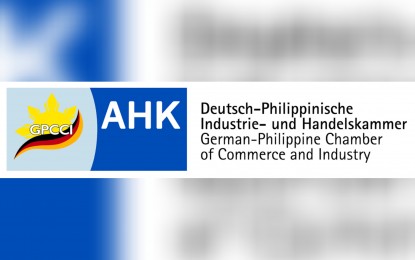
MANILA – The German-Philippine Chamber of Commerce and Industry (GPCCI) said it is exploring the potential of the Philippine market for green hydrogen as a future source of energy.
“The German-Philippine Chamber of Commerce and Industry, on behalf of the German Federal Ministry for Environment, Nature Conservation, Nuclear Safety and Consumer Protection (BMUV), is currently assessing the market potential of green hydrogen and fuel cell applications in urban and remote areas in the Philippines,” GPCCI said in a statement Monday.
GPCCI executive director Christopher Zimmer said the technology know-how of Germany on green hydrogen can help the country in increasing the share of renewable energy in its energy mix, as well as reducing the greenhouse gas emission.
“We are convinced that German technology providers can contribute greatly to the country’s energy transition,” Zimmer said.
He added the amendments to the Foreign Investments Act and Public Service Act will facilitate opportunities between German and Philippine businesses to partner in exploring and investing in this sector.
German hydrogen technology firm H2 Core Systems GmBH vice president of energy systems Mark Shiels said the Philippines should take advantage of investing in hydrogen technology as this plays a major role in climate protection.
“In the Philippines, a geographically dispersed country, the use of green hydrogen and fuel cell technology can be an environmentally friendly alternative to diesel generators, whose use is widespread as backup power in urban areas and as power source in remote off-grid areas,” Shiels said.
Green hydrogen is part of Germany’s goal of zero greenhouse gas emission by 2050 by investing in research and technology development, as well as hydrogen trade cooperation and partnership with other countries.
Meanwhile, the Department of Energy has been pursuing hydrogen as an alternative source of energy that will significantly help in reducing the country’s carbon emission.
It recently partnered with firms from Australia and Japan to explore the potential of hydrogen as the country’s future energy source. (PNA)
